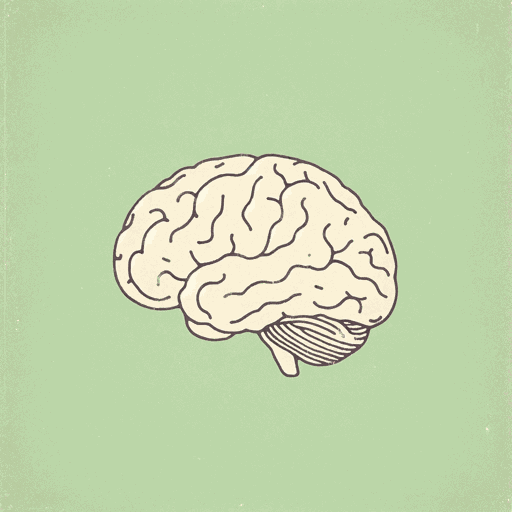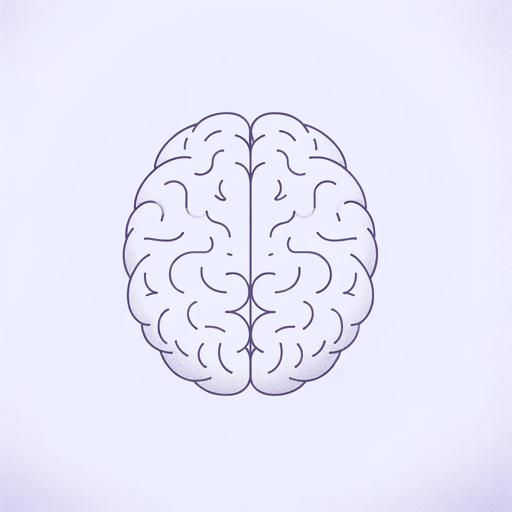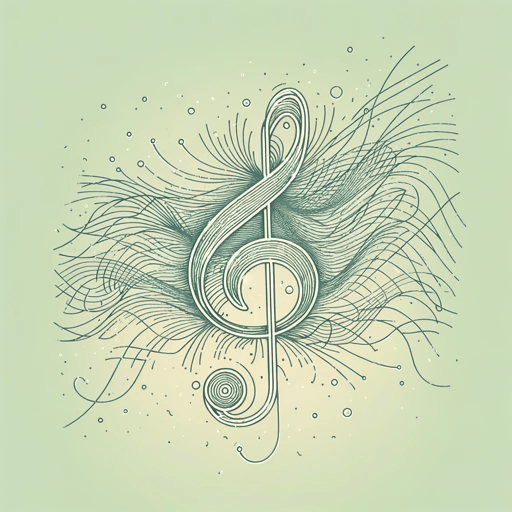56 pages • 1 hour read
Oliver SacksMusicophilia: Tales of Music and the Brain
Nonfiction | Book | Adult | Published in 2007A modern alternative to SparkNotes and CliffsNotes, SuperSummary offers high-quality Study Guides with detailed chapter summaries and analysis of major themes, characters, and more.
Background
Scientific-Historical Context: History of Neuropsychology
The field of neuropsychology began in the mid-1800s, and the oldest studies Oliver Sacks refers to are those by John Hughlings Jackson, an English neurologist who studied patients experiencing epilepsy and hallucinations in the mid-to-late 19th century. Jackson’s descriptions of the neurology of epilepsy remain foundational today. His conclusions were based on bedside observation of patients and could not be experimentally confirmed during his lifetime. As a result, Jackson’s work received little notice until long after his death. More recently, advances in technology and methodology have made Jackson’s ideas influential for a new generation of neurologists, including Sacks (An Introduction to the Life and Work of John Hughlings Jackson).
Sacks was a neuropsychologist who worked with countless patients with various neurological conditions and differences. He valued scientific data but also emphasized a humanistic approach, and his manner of writing hints at a sort of partnership of discovery he undertook with his patients: “Music can also evoke worlds very different from the personal, remembered worlds of events, people, places we have known. This was brought out in a letter” (384). Sacks’s empathy and deep interest in the human condition, combined with his scientific rigor, offer new ways of thinking about how humans relate to art and to each other.
Related Titles
By Oliver Sacks

An Anthropologist on Mars: Seven Paradoxical Tales
Oliver Sacks

Hallucinations
Oliver Sacks

On the Move: A Life
Oliver Sacks

Seeing Voices
Oliver Sacks

The Man Who Mistook His Wife for a Hat
Oliver Sacks

The River of Consciousness
Oliver Sacks

Uncle Tungsten
Oliver Sacks

